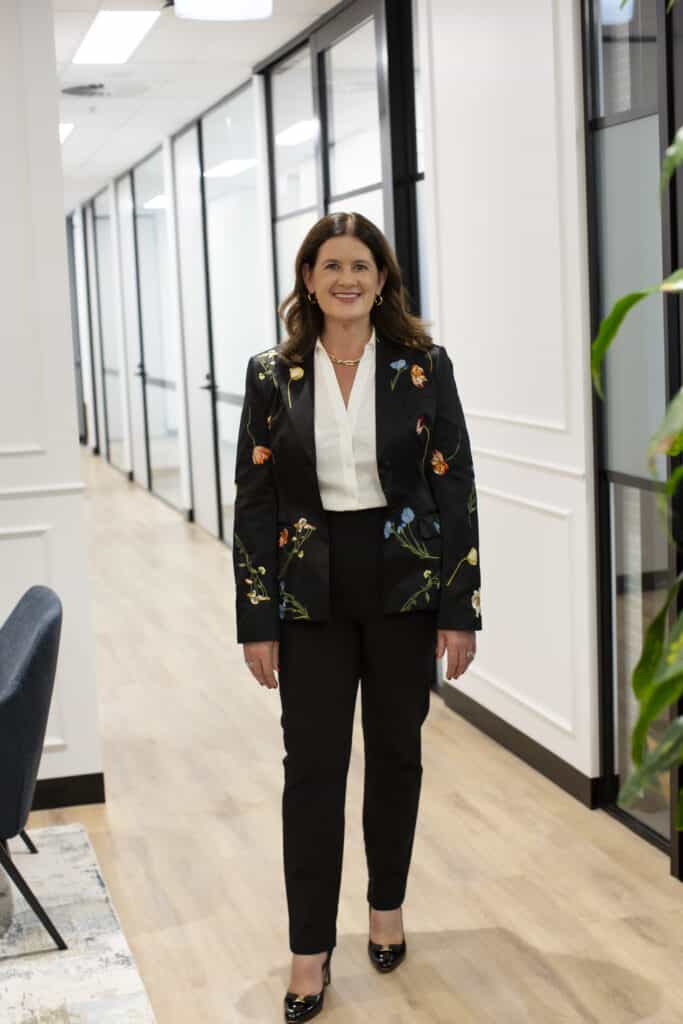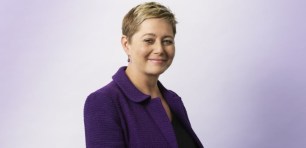
Australia’s peak body for supporting women entrepreneurs, SBE Australia has announced the launch of a new advisory model that will connect women-founded businesses with the services they need for higher growth.
The launch of the SBE Advisory Collective follows last year’s inaugural research report from SBE and Deloitte which showed that only 3.7% of private sector funding went to solely women-founded companies through 2017-2021. This number dropped even further in 2021-22 to 0.7%.
Deloitte researchers surveyed 155 individual businesses that were supported by three major women-focused investor groups: SBE Australia, Heads over Heels, and Scale Investors.
Based on survey data from past participants, Deloitte estimates that the 341 businesses facilitated over $1 billion of economic activity to the Australian economy and almost 5,000 equivalent full-time roles from 2021-22. These businesses were supported by SBE Australia, Heads over Heels, and Scale Investors over the past 10 years.
“What that research did was illuminate a gaping hole in support for funding women-led businesses in general,” said Nicole Cook, CEO of SBE Australia. “It was jarring. When we started the research project, we thought the percentage of funding going into the channel would be far greater.”
The research examined the question of why so many promising women-led businesses that exist aren’t getting funded and Cook said “a major finding was that while support for early-stage businesses through accelerator programs and grants is fairly strong, there is a cohort in the middle that just don’t have the critical support they need to get funded for commercialisation.”
“They are the group that sits between early and mature businesses, what we would call ‘scaleup’.”

Nicole Cook, CEO of SBE
Now in its 11th year, the alumni of SBE’s various programs represent more than 110 businesses classified as ‘scaleup’ and more than 250 startups (early-stage businesses). More than $2 billion in capital has been raised and 17 exits have been recorded as IPOs or trade sales and thousands of jobs have been created in Australia and offshore.
Following these success stories, SBE has designed the Advisory Collective to provide a boost to mid-stage businesses by giving specific advice on either increasing growth or preparing to exit. SBE says the group’s focus is on providing high-growth scale-ups with the strategic support needed to achieve the business’s goals.
“This is about providing the critical support that the ‘scaleup’ cohort needs to qualify for funding through our existing programs and now through advisory services delivered by our partners through the Advisory Collective,” said Cook.
“We’ve learnt that the current ecosystem of support for women founders is disjointed and is not going to stimulate parity in entrepreneurship fast enough. By wrapping advice around the scaleup founders and CEOs, they can be better placed to achieve their business growth metrics and qualify for investment.”
“We hope that by doubling down on building a pipeline of investment-ready scaleup businesses, the quantum of funding allocations going to women-led businesses will get closer to parity.”
While there are many businesses already known to SBE through their previous programs, Cook encourages other businesses at similar stages to come forward and seek support from their advisory services.
“The natural candidates to access the advisory services will have completed one of our accelerators, but there are many other businesses out there not yet known to us that need this kind of support,” said Cook. “We also encourage those teams to get in touch, to become SBE members and get access to a group of services that can otherwise be very hard to access independently.”
Partners to SBE’s Advisory Collective include BDO, Corrs Chambers Westgarth, Real Time Australia and other leading firms.
There are around 100 service providers included in the advisory council as well, and Cook says SBE welcomes other specialists that can contribute expert services to members.
This article was first published by Women’s Agenda.
Handpicked for you

ACSI slams Australia’s biggest companies for poor gender diversity



COMMENTS
SmartCompany is committed to hosting lively discussions. Help us keep the conversation useful, interesting and welcoming. We aim to publish comments quickly in the interest of promoting robust conversation, but we’re a small team and we deploy filters to protect against legal risk. Occasionally your comment may be held up while it is being reviewed, but we’re working as fast as we can to keep the conversation rolling.
The SmartCompany comment section is members-only content. Please subscribe to leave a comment.
The SmartCompany comment section is members-only content. Please login to leave a comment.